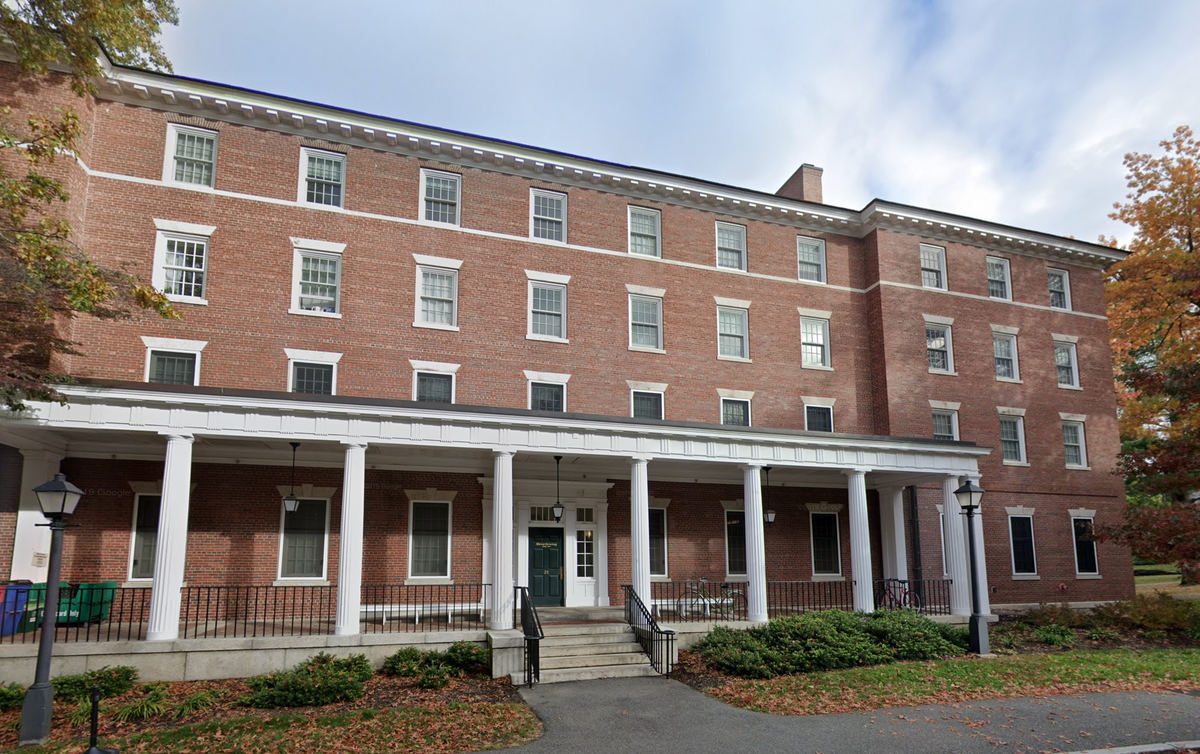Students Express Frustration with Changes to Theme Housing
Community leaders aired objections to the new lottery system for theme housing selection, saying the system removes student voices from the selection process while undermining the goal of creating safe spaces.

After years of student-led application processes, the theme community process switched to a lottery system, sparking controversy across campus.
Theme community leaders were no longer able to determine acceptances for new residents based on an evaluation of students’ written applications. Instead, the review process was overseen by the Office of Community Living (OCL), and students were considered either “eligible” or “ineligible” for a lottery that determined the final outcome.
In the new process, Community Development Coordinators (CDCs) served as primary reviewers instead of community leaders, who were instead able to schedule a time to review applications with CDCs. A new informal rubric for entrance to the lottery consisted of only two requirements — that the application is complete and “aligns with the values of the theme community, the OCL, and Amherst College.” Historically, theme community leadership was able to determine its own rubric.
In a Feb. 26 letter published in The Student — written by Lucy Jones ’27, Claire Liu ’27, and Alisha Xu ’27 on behalf of the Spring 2025 Leadership of the Asian Cultural House, Charles Drew House, Latinx Culture House, International Theme Community, and Sylvia Rivera Community — stated that theme house residents felt frustrated that the changes to the selection process removed student voice in the decisions and that they were only notified of these changes a week before selection began.
“The absence of punctual communication removed the ability of house leadership to respond and engage in meaningful discussions with [Residential Engagement & Wellbeing] about these major decisions,” the letter read. “Students had a limited window to voice their concerns, nor was there enough time to incorporate their suggestions into this year’s process.”
In an interview with The Student, Linxi Cai ’27 (an executive board member of the International Theme Community) said that the CDCs encouraged community leaders to keep the “eligible” pool large for the lottery during their joint review session, but the lack of timely communication made the suggestion feel more forced.
“When we went to read the applications, [the CDC] was like, ‘As long as [applicants] have put in effort, they should be eligible [for the lottery] because you don’t want your pool to be too small,’” Cai said. “So we just went along with the CDC. Thinking back, I feel like they pressured us to do it.”
According to Marie Lalor, director of Housing & Operations, the revision of the selection process this year was due to “a number of factors.”
“This approach was designed to simplify the selection process, making it easier for students to navigate without the added challenge of managing social dynamics with current student leadership,” Lalor said.
In their letter, community leaders acknowledged that the selection process in previous years allowed room for “severe peer-to-peer bias,” especially within the former leadership of the Asian Culture House. However, they believe the new lottery system allows “insincere [applicants]” to take advantage of the process for better housing and undermines the theme communities’ goal to create “safe spaces supported by engaged and compassionate residents.”
AnneKatherine Johnson ’27, an executive board member for the Sylvia Rivera Community, said that the lottery system takes away opportunities from those who are “[more] deserving of it.”
“We are no longer allowed to get rid of applications that don’t hold up to other applications, regardless of what their content is or how little that is being written,” Johnson said. “It is almost pointless because everybody basically gets in [the lottery] and the application portion is just a formality.”
Cai believes that lottery-based decisions would especially impact the International Theme Community, as there may not be enough international students accepted for the community to function.
“We want to make sure that first of all, there’s a good amount of international students on the floor who are willing to bring [in] their experience[s], then we can create this environment that’s truly immersive for all the other students who are interested to learn,” Cai said. “But I don’t see that [being guaranteed] in the lottery system.”
Cai added that before the selection process began, the International Theme Community requested demographic information for this year’s and past applicants from the CDCs to see whether they could implement any policies to ensure geographic diversity, but have not heard back since.
Both Johnson and Cai agree that their communities could work with the new process but hope that Housing & Operations would allow more student voices in future decisions.
“I’m okay with the lottery system, [but] I would allow the [executive] board a bit more leniency to reject applications as they see fit,” Johnson said. “The [executive] board should have a pretty good judgment of what should be allowed in and what should not be. And I think that allowing [them] to have a bit more say in the applications would allow them to curate a better theme house.”
Lalor said that students are welcome to provide feedback to Housing & Operations by emailing them, scheduling an appointment with a staff member, or speaking directly to Dean of Students Angie Tissi-Gassoway in the last of a series of open sessions on Thursday, from 4 to 6 p.m. in the Cole Assembly Room.
Correction, March 12, 2025: A previous version of this article did not attribute the Feb. 26 letter to the specific writers who authored it on behalf of various theme house communities, and Housing & Operations was referred to as “OSA.”




Comments ()